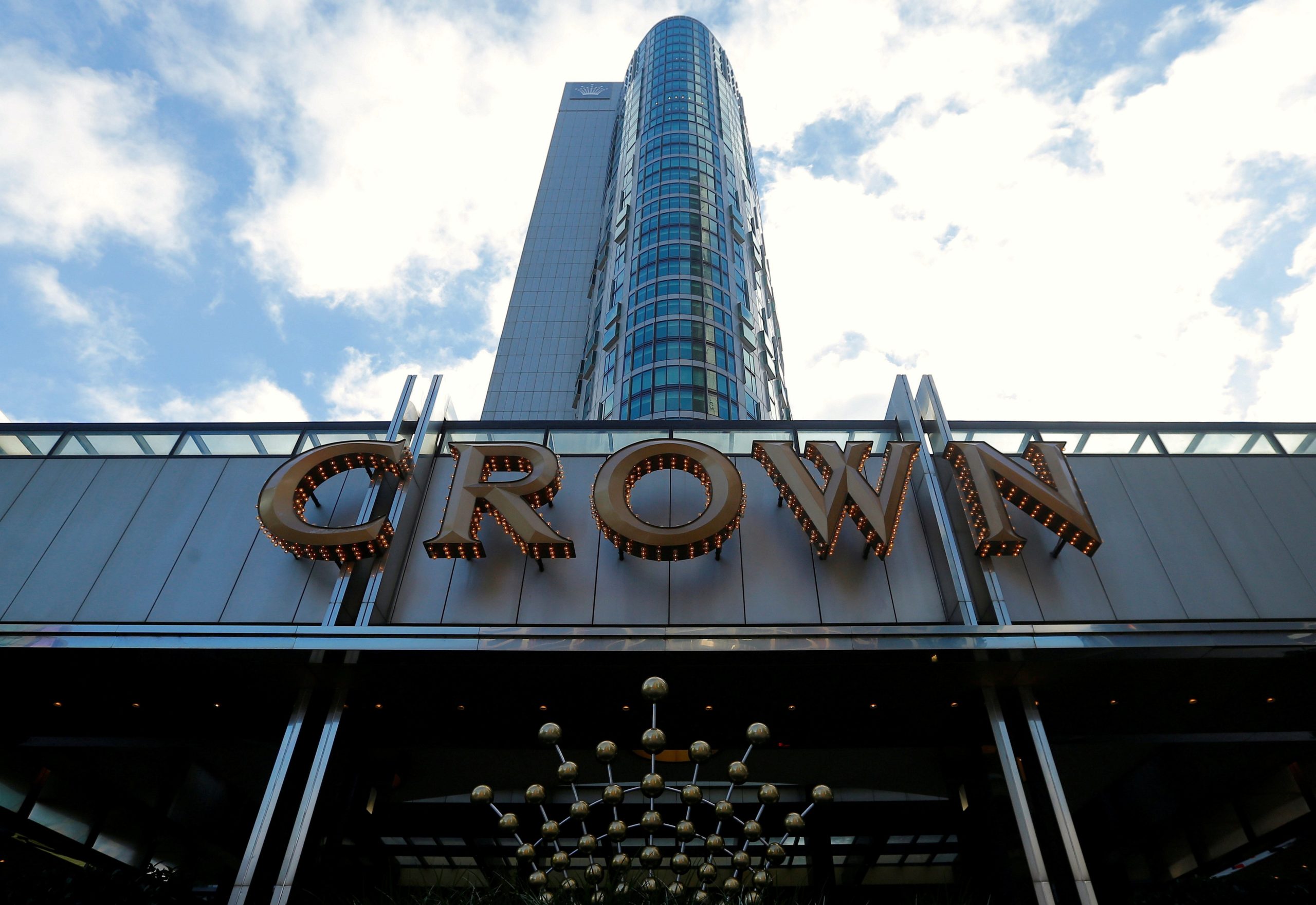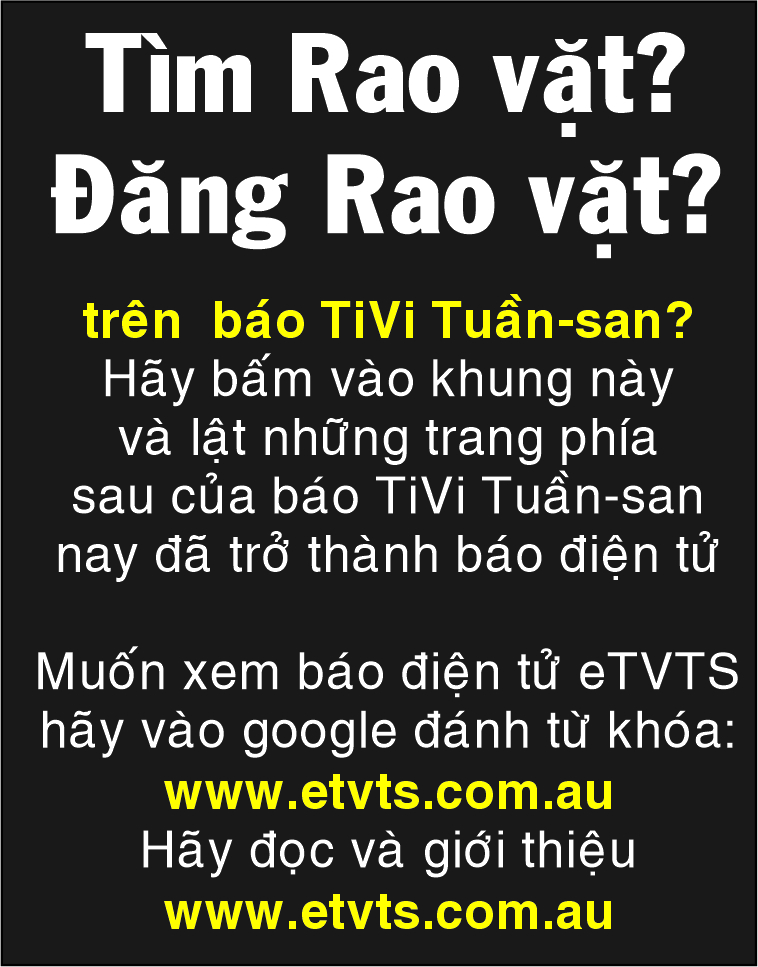Australia casino boss Packer flags Crown selldown after “painful” claims
 The logo of Australian casino giant Crown Resorts Ltd adorns a hotel and casino complex in Melbourne, Australia, June 13, 2017. (Photo: Reuters/ File Photo)
The logo of Australian casino giant Crown Resorts Ltd adorns a hotel and casino complex in Melbourne, Australia, June 13, 2017. (Photo: Reuters/ File Photo) SYDNEY – Australian casino magnate James Packer says he may have to cut his stake in his company for it to keep its licence and has declared he would never rejoin its board after the “terribly shocking experience” of being accused of dealing with criminals.
The reclusive billionaire also acknowledged the company he founded and owns one-third of, Crown Resorts Ltd, published false statements distancing itself from “junket” tour operators which brought in gamblers, largely from China, after media reports alleged they had ties to organised crime.
The comments came during a government inquiry held to decide whether Crown can keep its licence to operate casinos, just two months before the firm is scheduled to open a 75-floor casino tower in Sydney.
Since the 2016 arrest of staff hunting customers in China where gambling is banned, Crown has quit its offshore interests leaving it with casinos in Melbourne and Perth and its future pegged to the Sydney resort it has spent $2.2 billion building.
Packer no longer has any operational role at Crown after quitting its board and selling some of his shareholding – including a stake to Melco Resorts & Entertainment Ltd having “forgot” the Hong Kong company was barred from Australia‘s gambling market.
Asked on his third day of testimony how Crown could remedy what the retired judge overseeing the inquiry called “dysfunction”, Packer said, “Caps on shareholdings could be something to think about.”
The next-biggest shareholders after Packer hold about 10%.
“I think you would accept that some serious changes need to be made, would you agree?” asked Patricia Bergin.
“Absolutely,” replied Packer.
LOST PROFIT
During the hearings, executives played down Crown’s reliance on gamblers from junkets, known as VIPs. About two weeks ago, the company issued a stock exchange filing showing VIPs made up just 7% of pre-tax profit in the past five years, a period which included a Chinese government anti-gambling campaign.
Still, Packer agreed the Sydney project was conceived as a way to profit from an influx of Chinese tourists. Crown already had a stake in Melco, which was benefiting from the same custom in Macau, the only Chinese territory where gambling is legal.
“I thought that the inbound Chinese tourism market was going to continue to grow in Australia at double digits … and I was clearly wrong about that,” he said.
Crown had forecast a third of its Sydney profit to come from VIPs but “it’s highly doubtful that we’re going to go anywhere near our original figures,” he said without giving a time frame.
Most tourists to Australia come from China, official data shows, though figures fell in tandem with deteriorating diplomatic relations beforeAustralia closed its borders to prevent the spread of the novel coronavirus.
From its two operational Australian casinos, Crown reported an 80% slump in annual profit for the year to June, including government assistance payments, primarily due to border closures.
MISLEADING
The lawyer questioning Packer, Naomi Sharp, told the inquiry Crown had placed full-page newspaper advertisements to counter allegations in media reports. The ads said Crown’s only junket was Hong Kong-listed Suncity Group Holdings Ltd, but, Sharp said, the firm used at least four junkets – none related to the Hong Kong company.
“I agree,” Packer replied.
Suncity did not respond to a Reuters request for comment. The firm has said it had no business in Australia, industry media reported.
Packer also agreed, “with the benefit of hindsight” that parts of the advertisements were wrong, including claims that Crown had a robust vetting system for junket operators.
“This has been a terribly painful and terribly shocking experience for the board, as it has been for me. I won’t be going on the board again,” Packer said.
Reuters


